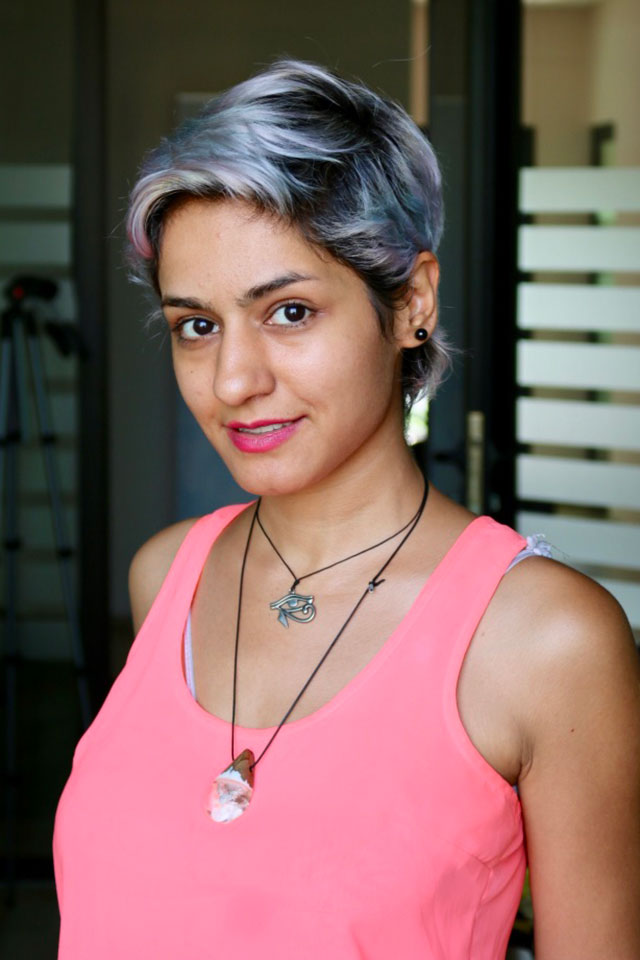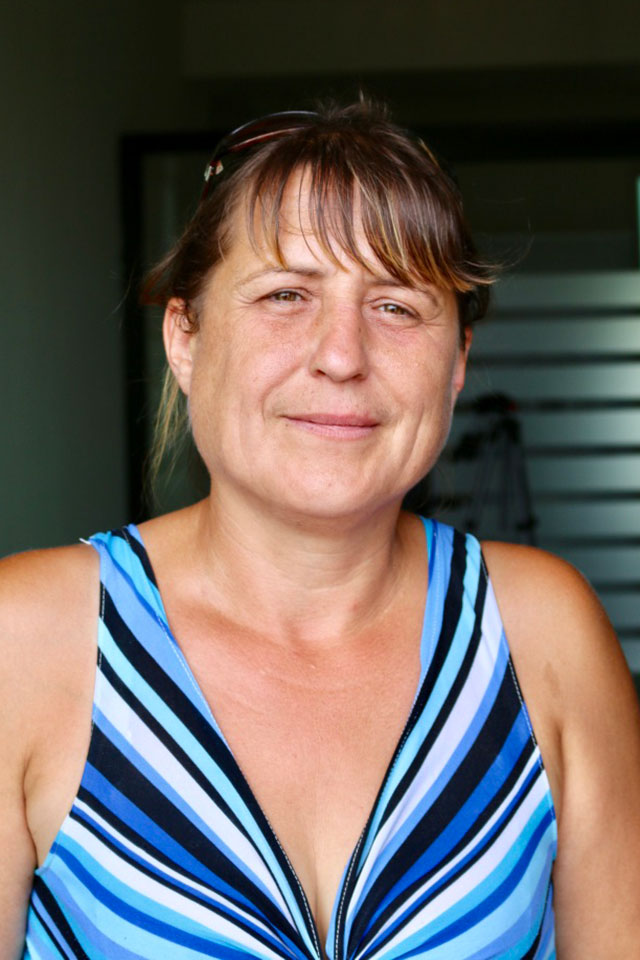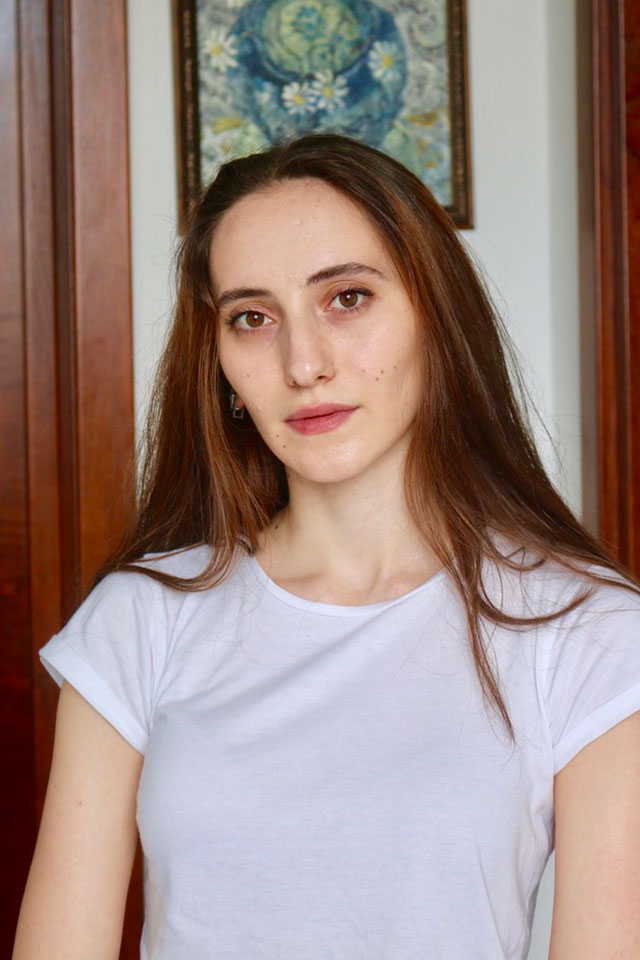Seed grants and training boost prospects for Georgian refugee women
Date:

When Mariam Sharif attended university in her native Iran, she was constantly told by teachers and school administrators to wear a hijab. Frustrated, she joined the #nohijab campaign and shot a video explaining why she disagreed. After the video went viral, she faced backlash, including from the police.
When a male stranger started verbally abusing her for not wearing a hijab, she recorded the exchange and sent it to a journalist who shared it on social media.
“That video created a lot of problems for me,” reflects Sharif. “I was bullied and verbally abused. I was scared for myself and for the safety of my family. [So] I decided to leave.”
She arrived in Georgia as an asylum-seeker a year and a half ago. But the 31-year-old struggled to find work because she doesn’t speak Georgian. Then she heard about a UN Women project to empower refugee women through economic empowerment initiatives.
Sharif was among the 50 women who enrolled in a six-day “How to Start a Business” course offered through a partnership with the Training Academy of Georgia’s Ministry of Finance.
Participants learned how to generate start-up ideas and validate them, as well as how to build the right team and create a product.
They also developed strategic and innovative thinking, and learned about planning and product distribution, financial documentation, business modeling and investment proposals.
As a result, Sharif can now better market her skills to produce photo and video projects and has a stable income.
The project also selected 23 women for seed grants ranging from USD 450 to 1,880 each, provided by UN Women in partnership with the Georgian Farmer’s Association.
“The grant helped me pursue photography and start working on some projects,” says Sharif. “I bought a camera, a memory card and a tablet, which has helped me set up my self-employment strategy. Everything is better now.”
Zoya Manaeva, a 49-year-old refugee from Ukraine, praised the training sessions for helping her focus on important details she hadn’t prioritized before.
She also received a grant to open a small goat farm. “I am forever grateful for the opportunity it has given me.”


With financial support from the Government of Sweden, the project was run in collaboration with the United Nations High Commission for Refugees (UNHCR) Regional Office in the South Caucasus and has reached refugees, humanitarian status-holders, asylum-seekers and stateless persons (dubbed “Persons of Concern”).
“This project has literally planted seeds and amplified voices, empowering vulnerable women through grants, training and a platform to transmit their needs and challenges to duty-bearers,” explains Erika Kvapilova, UN Women Representative in Georgia.
In addition to UNHCR Persons of Concern, ethnic minority Kist women living in Pankisi Gorge were also included in the project. Among them was 24-year-old Mariam Duishvili, from Duisi.
“The most important lesson I remember from the training sessions is that a huge amount of seed capital is not absolutely necessary for a start-up.”
Her grant helped her buy the materials to open a pizzeria: a fridge, gas stove, blender and small tables and chairs.
“We started our business a day after we got the funding,” says Duishvili.
The training also boosted her self-confidence: “I had irrational fears, insecurities and questions.
The training sessions made me believe in my abilities and capacities. They made me believe that I would be able to succeed, as long as I had faith in myself.”